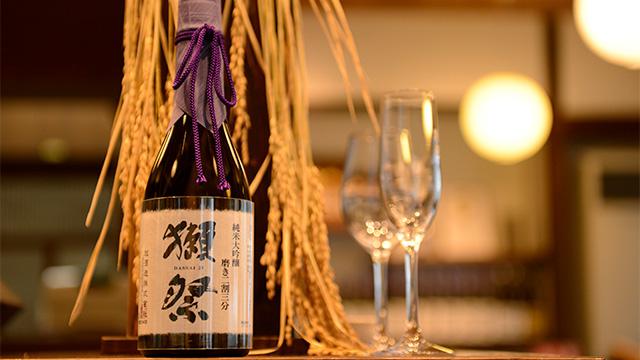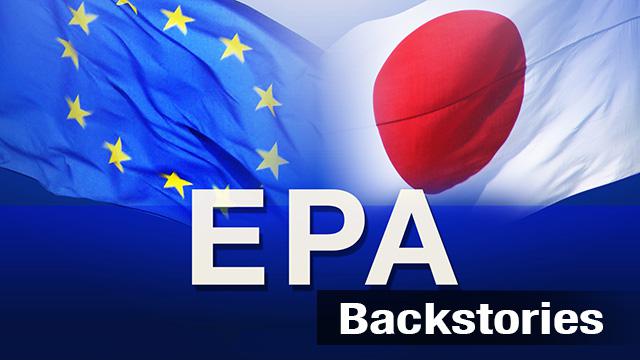Under the deal, Japan will ultimately abolish 94 percent of tariffs on European products, while the EU will do the same for 99 percent of imports from Japan. Both sides will also liberalize rules in a wide range of areas, including investment and services.
The Japanese government estimates the pact will push up the country's consumption, exports and investment. It says GDP will be boosted by about 1 percent and 290,000 jobs will be created. But what does all this mean for Japanese consumers and businesses?
Instant savings
For years, consumers in Japan have been paying eye-watering prices for certain food and drink imported from Europe, but that's about to change.
Japan's tariffs on wine and sparkling wine are now abolished. Duties on cheese have been lowered and will be phased out over the next 15 years. Levies on chocolate will also be reduced to zero over 10 years.
The lower tariffs apply only to goods imported after February 1st, so it may take some time before consumers really start to feel the benefit. But, many retailers are already offering discounts to give customers a taste of what's to come.
Major supermarket chain Ito Yokado launched a sales event and cut prices on some 70 items, including wine and cheese. "We're hoping that the lower prices will tempt customers to buy just one more bottle or one more pack than they usually would," said one member of staff.
Export opportunities
Meanwhile, some of Japan's key industries are hoping to boost exports. The pact has scrapped tariffs on key products like sake, green tea and soy sauce. And a 10-percent levy on cars will be phased out over seven years. All of this means Japanese businesses will enjoy much easier access to the European market.
Kazuhiro Sakurai, president of the brewer of premium sake brand Dassai says: "I can feel a sake boom about to spark in Europe. The EPA will hopefully expand the sake market and boost our business."
Harimaen Seicha, a green tea producer in Kyoto, grows organic tea for European consumers. Director Yoshiyuki Harima says he hopes to increase exports to Europe by about 20 percent over the next five years.
And in apparel, Japan's famed denim industry is wasting no time. Sanyo Senko, an indigo dyeing company recently invited buyers from Italy and Germany to its factory to show off its products. One buyer said: "Japan's products are fascinating. I think there's a lot of opportunity to do some business for German collections."

Stiffer competition
But, some farmers are concerned about the expected rise in European imports.
Among them, one pork producer who's bracing for increased competition from high-quality meat such as Iberico ham from Spain. Teruyoshi Ishikawa says he's been dreading the day the EPA goes into effect. He says consumers may buy more European pork than they used to, and if domestic prices fall due to stiffer competition, smaller farms may be forced out of business.

